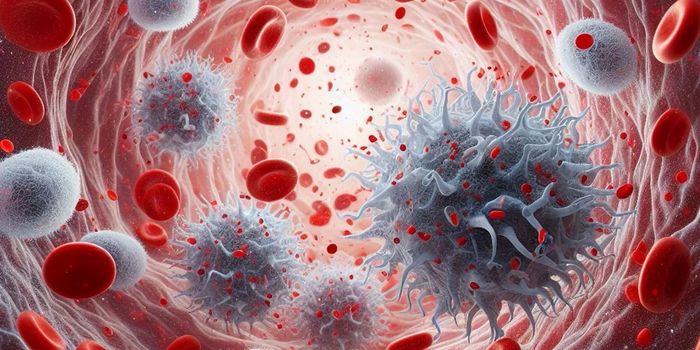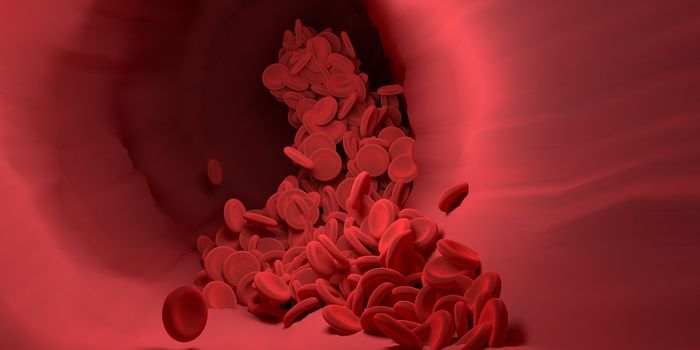Widely Prescribed Breast Cancer Medication Promotes Metastasis
The primary goals of metastatic breast cancer treatment are to ensure that the patient has the longest survival possible while experiencing the highest quality of life. Thus, it is alarming to learn that a therapy meant to improve quality of life can reduce survival. Researchers in Basal, Switzerland, recently reported that the corticosteroids used in breast cancer treatment promote cancer metastasis.
Corticosteroids are synthetic drugs that resemble the natural hormone cortisol. Often called steroids, they affect the body mainly through acting on the widely expressed glucocorticoid receptor, GR. This class of drugs is commonly prescribed to cancer patients because they have been shown to reduce inflammation and to increase appetite, mood, and activity in the cancer patient.
When breast cancer is limited to the breast and nearby lymph node region, it is termed early-stage or locally advanced breast cancer. When breast cancer has spread to a distant area, it is called advanced, or stage IV (4) breast cancer and may be referred to as metastatic breast cancer.
A significant problem in metastatic breast cancer treatment is intrapatient tumor heterogeneity which is the observation that primary tumors have different genetic and hormonal phenotypes than the metastases that occur in the same individual. Thus, therapies aimed at treating the primary tumor may be ineffective or harmful for distant metastatic colonies.
“studies have demonstrated that tumors consist of somatic events, defined by mutations and copy number alterations occurring early in tumor evolution, ...somatic events present in some cells, but not all, occurring later in tumor evolution [and] spatial heterogeneity, branched evolution and mutational patterns that can vary over time and in response to cancer therapies.” Clin Cancer Res., 2015
Milan M. S. Obradović et al., wanted to examine the differences between primary breast cancer tumors and the metastases that later develop. They induced the growth of patient-derived tumors in a mouse model of metastatic breast cancer and then profiled the primary tumors and their matched metastases by transcriptional analysis. They learned that while metastases display distinct phenotypes that are related to their growth sites, GR activity was increased in the metastases compared to the matched primary tumors. They went on to show that stress hormones and corticosteroids both resulted in the activation of GR activity at distant locations that lead to increased metastatic colonization, increased tumor heterogeneity, and reduced overall survival.
Both stress hormones and corticosteroids were able to promote colonization at distant sites and reduce overall survival. Thus the liberal use of corticosteroids to help treat the symptoms and side effects of breast cancer treatment needs to be examined.
Be sure to speak to a healthcare professional before stopping or altering a prescribed medication.









